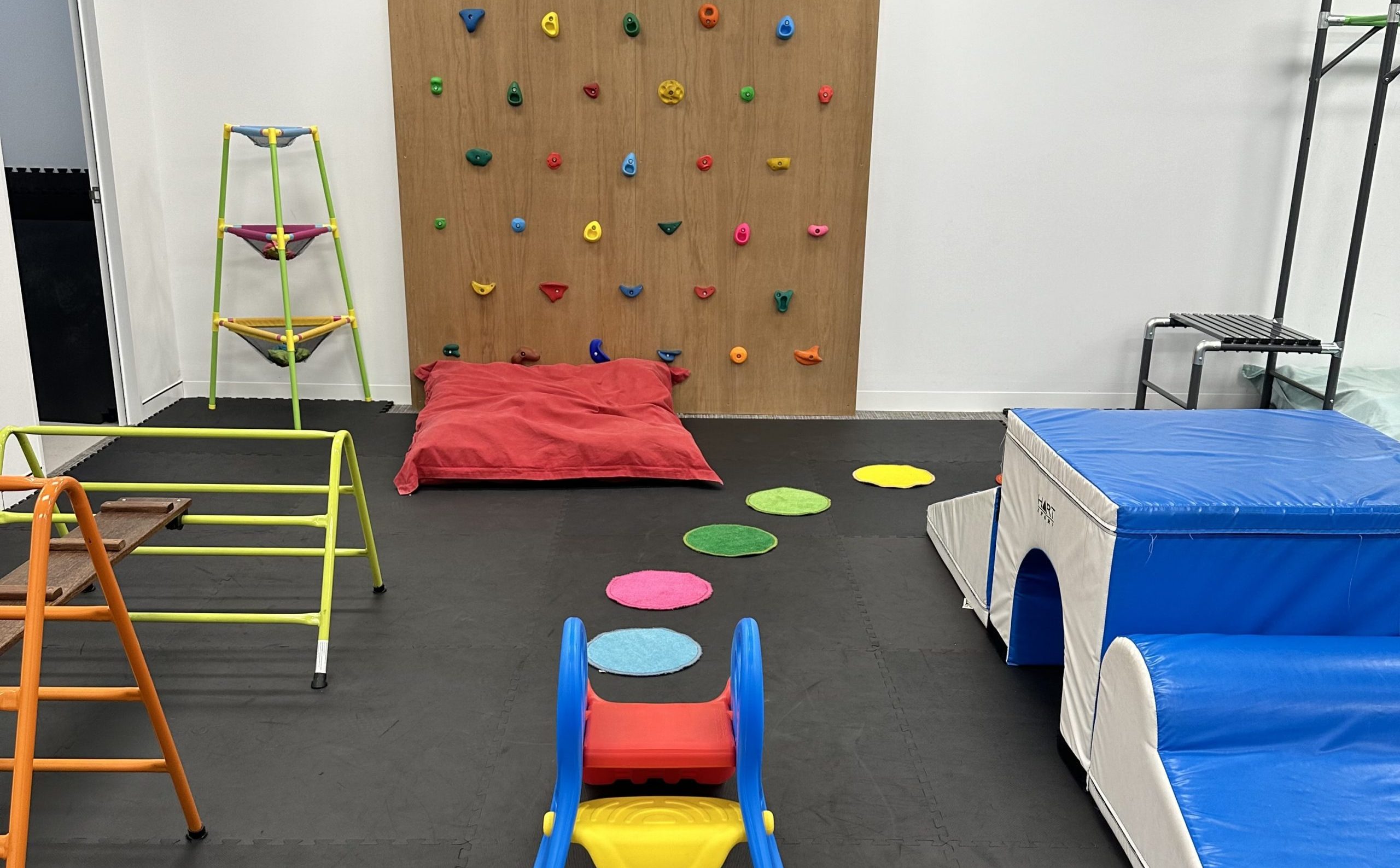
How to Support Your Toddler’s Motor Skills Development at Home: A Guide for Bondi Junction and Mascot Parents
Are you a parent in Bondi Junction or Mascot concerned about your toddler’s motor skills development? You’re not alone. Many parents face similar challenges, but with the right support and guidance, you can effectively enhance your child’s motor skills at home. Motor skills are crucial for daily activities and play an essential role in a child’s growth. With some simple strategies, you can help build your toddler’s strength, coordination, and confidence. Below, you’ll find practical tips from our experienced Occupational Therapists at OneOnOne Children’s Therapy in Bondi Junction and Mascot to promote your child’s development.
Understanding Motor Skills
Motor skills are divided into two categories:
- Gross Motor Skills: These involve larger muscle movements such as crawling, walking, jumping, and climbing.
- Fine Motor Skills: These involve smaller muscle movements like picking up objects, drawing, and manipulating toys.
Creating a Supportive Environment for Motor Skills Development
Safe and Stimulating Play Area
- Designate a Safe Space: Ensure you have a child-friendly area in your Bondi Junction or Mascot home where your toddler can move freely and explore safely.
- Provide Various Toys: Offer toys that support both gross and fine motor skills development, such as balls, stacking blocks, puzzles, and sensory toys.
Encouraging Gross Motor Skills at Home
Tummy Time for Strength
- Regular Tummy Time: Encourage daily tummy time to strengthen your child’s neck, shoulders, and arms. Use toys to motivate crawling and reaching.
- Active Play: Create a simple obstacle course using pillows and tunnels to promote climbing and crawling. Soft balls encourage throwing, kicking, and catching.
Outdoor Activities in Bondi Junction and Mascot
- Playground Visits: Take advantage of local playgrounds in Bondi Junction and Mascot. Let your child climb, slide, and swing to develop gross motor skills.
- Nature Walks: Whether it’s exploring a local park or your backyard, different terrains and surfaces help enhance balance and coordination.
Encouraging Fine Motor Skills at Home
Hand-Eye Coordination Activities
- Stacking and Sorting Games: Provide toys like stacking blocks and sorting activities to build your toddler’s hand-eye coordination.
- Puzzles: Simple puzzles are great for improving problem-solving and fine motor control.
Creative Play for Fine Motor Development
- Drawing and Colouring: Offer crayons and paper to help your child develop their fine motor skills. Start with larger crayons for easier gripping.
- Playdough: Encourage your child to roll, squeeze, and shape playdough to enhance their hand strength and creativity.
Everyday Activities to Develop Motor Skills
- Self-Feeding: Let your child use utensils during meals to practice their fine motor skills.
- Dressing Practice: Allow them to practice buttoning, zipping, and fastening Velcro, which develops hand control and precision.
Promoting Sensory Development
Sensory Play
- Sensory Bins: Create a sensory bin with materials like rice, beans, or sand. Include small toys to promote fine motor exploration.
- Textured Toys: Provide a variety of textured toys that offer sensory stimulation while helping to develop motor skills.
Water Play
- Bath Time Fun: Encourage pouring, scooping, and splashing during bath time with cups and toys to promote motor development.
- Outdoor Water Play: A shallow pool or water table can be a fantastic tool for sensory exploration and motor development.
Building Strength and Coordination
Muscle-Building Activities
- Crawling Games: Encourage crawling through tunnels or under tables to build core strength and coordination.
- Jumping: Using a mini-trampoline or encouraging safe jumping at home helps develop leg muscles.
Balance and Coordination
- Balance Beams: Create a simple balance beam at home with a piece of wood or tape on the floor to promote balance.
- Dancing: Play music and dance together, which supports various body movements and enhances coordination.
Establishing a Routine for Consistent Motor Development
Daily Practice
- Consistency is Key: Incorporate motor skills activities into your daily routine to ensure regular practice.
- Short, Frequent Sessions: Keep practice sessions short but frequent to maintain your toddler’s interest and prevent fatigue.
Positive Reinforcement
- Praise and Encouragement: Offer praise and encouragement to motivate your child during activities.
- Celebrate Achievements: Acknowledge small milestones, which helps build your child’s confidence and enthusiasm for learning.
When to Seek Professional Help from Occupational Therapists
While home activities are essential, if you notice persistent delays in your child’s motor skills development, it’s important to consult with a professional. An Occupational Therapist in Bondi Junction or Mascot can conduct a thorough evaluation and create a tailored intervention plan to support your child’s progress. Early intervention is key to helping your child reach their full potential.
Conclusion
Supporting your toddler’s motor skills development at home requires patience, consistency, and creativity. By providing a safe and stimulating environment, incorporating activities that promote gross and fine motor development, and focusing on sensory experiences, you can significantly enhance your child’s growth. With the right support, your child will build the skills and confidence they need to thrive.
If you’re concerned about your child’s motor skills or need professional support, OneOnOne Children’s Therapy is here to help. Our team of Occupational Therapists in Bondi Junction and Mascot specialises in supporting children with motor delays, providing customised therapy to meet each child’s unique needs. Our OT’s are AHPRA registered.
Reach Out for Support
Contact OneOnOne Children’s Therapy today for a consultation. Our Occupational Therapists in Bondi Junction and Mascot are dedicated to helping your child develop essential motor skills through engaging, personalised therapy programs.
📞 Call us at (02) 80657837
✉️ Email us to book an appointment
Let’s work together to help your child reach their developmental milestones and thrive!
